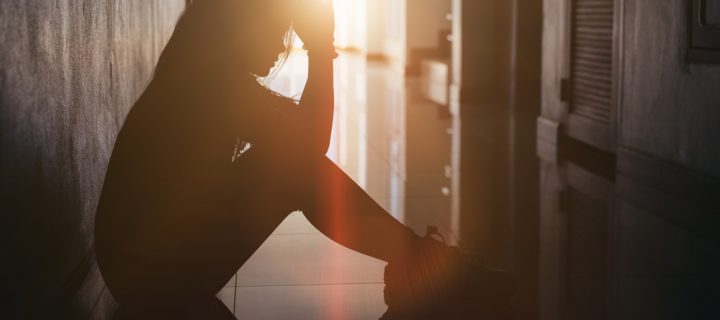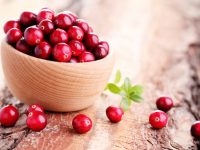Social isolation can lead to less diversity in your gut. And this can affect your emotionally and physically, researchers say.
Feeling alone has been one of the overriding themes of the pandemic. With lockdowns occurring throughout the world to stem the tide of coronavirus spread, people in many places have been sequestered at home, for better or for worse. For some, contact with friends and family has been limited for a long time. And this has been good and bad. While down time in our busy modern lives has come as a welcome change for certain people, for others, it rather quickly wore out its welcome. Loneliness set in easily. With few new faces, the days can be tough. And isolation may not only be taking a toll on your emotions. Research is showing it could be affecting you physically, as well.
A study published recently in Frontiers in Psychiatry looked at microbial gut diversity. It connected this with social engagement, and how this can affect you physically.
“We found that lower levels of loneliness and higher levels of wisdom, compassion, social support and engagement were associated with greater phylogenetic richness and diversity of the gut microbiome,” said first author Tanya T. Nguyen, PhD, assistant professor of psychiatry at UC San Diego School of Medicine.
How the Study Was Done
Researchers had 187 participants between the ages of 28 and 97 enrolled in their study. These people answered questions about how lonely they were, and how much social support and engagement they had in their lives. This group also had their levels of wisdom and compassion gauged using self-report based measures. And finally, their gut bacteria was analyzed through, well, their poop.
Was the study conclusive? Sort of. The authors of the study admitted the subject they were attempting to study is complex, and that the results obtained were truly subjective and not really objective. So, more work needs to be done. This is because concrete data related to the participants’ diet, the degree to which they were actually socially isolated, and the nature of their social networks was not gathered. This made the findings a beginning point and not really a conclusive end.
Related: Sporting Events and the Coronavirus: 10 Things to Do
What is known for sure is the less diverse your microbial intestinal life is, the worse your mental and physical health is likely to be. No fun. Put simply, reduced diversity in your intestines has been connected with many ailments. These include obesity, major depressive disorder, and inflammatory bowel disease. Furthermore, it has also been found that people with bigger social networks have a more variegated gut. And so, they could be better off. Exactly how a more diverse gut microbiota protects your health is unknown. Scientists think it may make it harder for outside pathogens to enter and cause chaos.
“Bacterial communities with low alpha-diversity may not manifest overt disease, but they may be less than optimal for preventing disease,” the authors stated. “Thus, lonely people may be more susceptible to developing different diseases.”
Tips on Combatting Loneliness During the Pandemic
So, things are a bit ironic. Since isolation during the coronavirus pandemic is meant to keep you and your community alive longer, the study’s findings present a weird twist of fate. No doubt, however, you have a greater chance of dying from the coronavirus than you do from a slightly reduced intestinal diversity potentially acquired during the pandemic.
Being lonely is never fun. Are you searching for ways to reconnect? Zoom meetings are an imperfect substitute for in-person contact but they can help you feel less isolated. This is paramount these days.
Stuck for further ideas? Check out these tips from the National Institute on Aging on how to stay connected during the pandemic, and keep your spirits up. Find joy in new ways and reach out. It’s worth it.
photo credits: kenchiro168/Shutterstock.com











